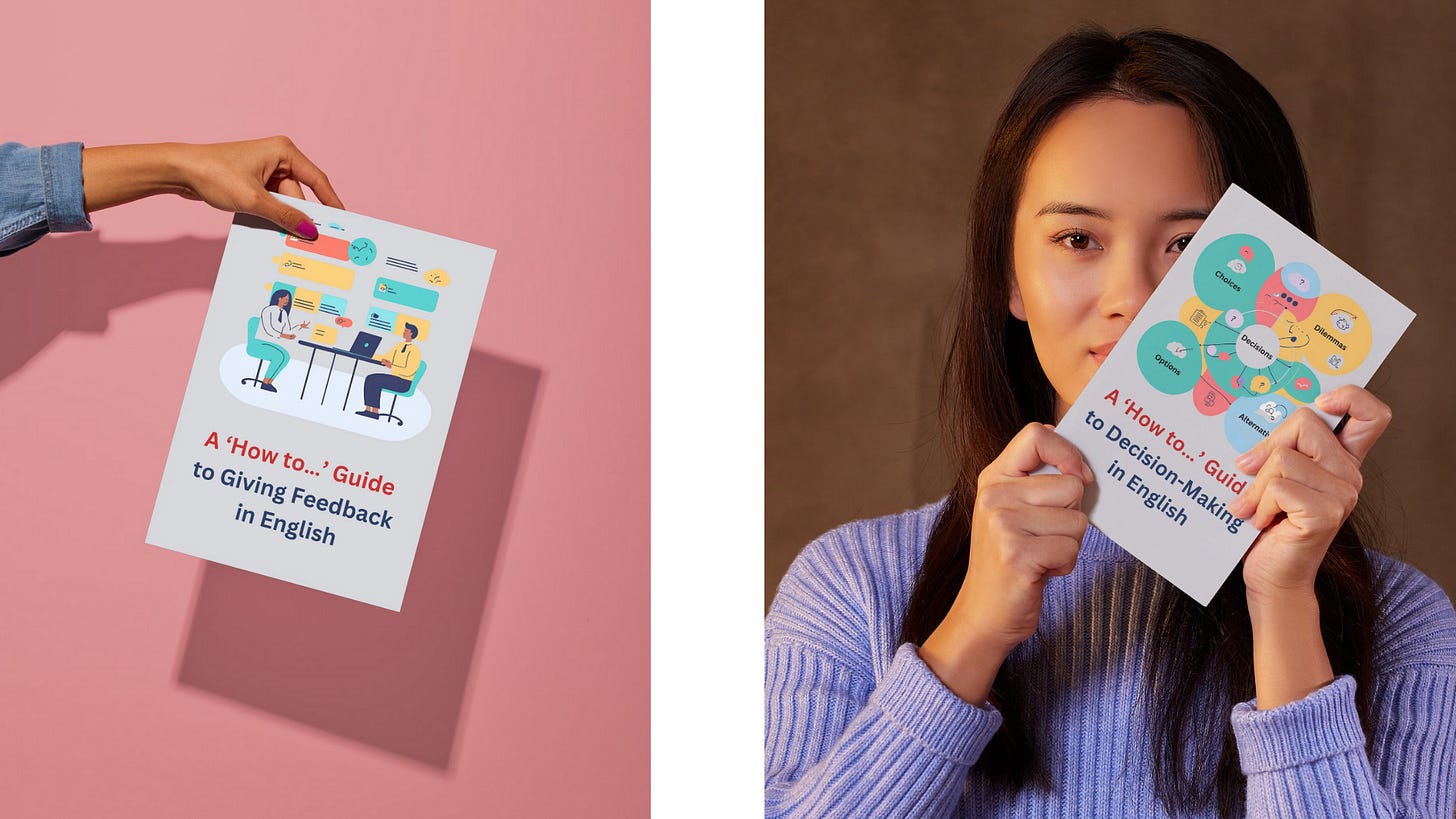Unlocking the World of Work
Why Your English Needs a Business Class Upgrade!
You might be thinking, "English is English, right?"
Well, not quite!
Just like different outfits are perfect for different occasions, different types of English are perfect for different situations. And for your professional life, business English is your sharpest suit!
English, English, Everywhere! What Kind Do You Need?
Imagine English as a giant, delicious buffet. You've got:
General English: This is your everyday bread and butter – chatting with friends, ordering coffee, and talking about your weekend. It's fantastic for building a solid foundation and confidence.
Academic English: Think textbooks, essays, and lectures. It's all about precise language, formal structures, and expressing complex ideas clearly. Perfect if you're hitting the books!
Travel English: "Where's the nearest metro station?" "How much does this cost?" This is all about practical communication for navigating new places.
Social English: Slang, idioms, cultural nuances – this is the English you use to really connect with people and understand the vibe.
So, how do you choose?
Simple!
Ask yourself: What do I really want to do with my English?
If your goal is to conquer the professional world, then it's time to get specific!
Business English: Your Professional Power-Up!
Now, let's talk shop!
Business English isn't just "general English with a tie."
It's a distinct language with its own rhythm and rules, designed for clarity, efficiency, and professionalism in the workplace.
Vocabulary: Beyond "Hello, How Are You?"
In general English, you might say, "I got a lot of things done today." In business English, you're more likely to say, "I prioritised several key tasks and completed them efficiently." See the difference? Business English loves:
Verbs of action: "implement," "strategise," "negotiate," "collaborate," "delegate."
Nouns for concepts: "budget," "timeline," "KPIs (Key Performance Indicators)," "market share," "ROI (Return on Investment)."
Phrases for efficiency: "touch base," "circle back," "on the same page," "synergy" (a bit of a buzzword, but still useful!).
Examples in Action:
General: "Can you help me with this?"
Business: "Could you assist me with this urgent matter?" (More formal, more specific)
General: "I think we should do this."
Business: "I propose we proceed with this course of action." (More structured, more persuasive)
General: "I need to talk to him."
Business: "I need to schedule a meeting with Mr. Smith to discuss the project's progress." (More formal, clearer purpose)
Then there are business English idioms too! Check this out…
Grammar: Formalities and Finesse
While the core grammar rules remain the same, business English often leans towards more formal structures and specific tenses to convey precision and professionalism.
Passive Voice: Often used to focus on the action rather than the doer, which can be useful in reports or when being diplomatic.
General: "I made a mistake."
Business: "A mistake was made." (Less blame, more focus on the error itself)
Modal Verbs: "Would," "could," "should," and "might" are your best friends for polite requests, suggestions, and expressing possibilities.
General: "Give me the report."
Business: "Could you please send me the report by the end of the day?" (Much more polite and professional)
Conditional Sentences: Essential for discussing scenarios, outcomes, and possibilities.
General: "If it rains, we won't go."
Business: "If the market fluctuates, our strategy will need to be re-evaluated." (More complex, more professional)
Formality: Knowing Your Audience
One of the biggest differences is the level of formality. Imagine sending an email to your boss versus a text to your friend. Business English demands you adapt your language to the situation and the person you're communicating with.
Formal: Think job interviews, official reports, emails to senior management.
Semi-Formal: Most daily office communication, emails to colleagues, presentations.
Informal: Chatting with close colleagues during a coffee break, informal team discussions.
It's about being respectful, clear, and always professional.
BBC Learning English have some great free learning resources.
Business English Skills
Beyond just vocabulary and grammar, Business English is also about mastering specific professional skills.
Think about the need to make clear and effective decisions, often under pressure, and how to express those decisions with precision. Or consider the art of giving constructive feedback – a crucial skill for team collaboration and professional growth.
These aren't just about knowing words, but about using language strategically to achieve a positive outcome.
Developing these skills is where your English truly transforms into a powerful professional tool, and resources like my books, A ‘How to…’ Guide to Decision-Making in English and A 'How to...' Guide to Giving Feedback in English, both available on Amazon, are designed to help you hone these essential abilities.
Your Path to Professional English Mastery!
Don't feel overwhelmed!
Here are three key learning points to guide your journey:
Identify Your "English Why": Pinpoint exactly why you're learning English. If it's for work, embrace business English with open arms!
Focus on Functional Vocabulary: Instead of just memorising lists, learn vocabulary in context. Think about what you need to do in a business setting (present, negotiate, report) and learn the words that help you achieve that.
Practice Professional Scenarios: Role-play meetings, write mock business emails, and practice presenting. The more you simulate real-world situations, the more confident you'll become.
Your Action Point
Today, take 10 minutes to find a business-related article online (e.g., from The Economist, BBC Business, or Harvard Business Review).
As you read, highlight any words or phrases that seem different from general English.
Then, try to use three of them in a sentence related to your own work or studies.



